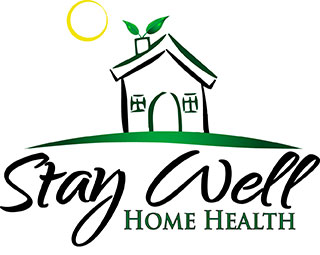Cold Weather Safety Older Adults
Cold Weather Safety Older Adults
If you are like most people, you feel cold every now and then during the winter. What you may not know is that just being really cold can make you very sick.
Older adults can lose body heat fast—faster than when they were young. Changes in your body that come with aging can make it harder for you to be aware of getting cold. A big chill can turn into a dangerous problem before an older person even knows what’s happening. Doctors call this serious problem hypothermia. Hypothermia is what happens when your body temperature gets very low. For an older person, a body temperature of 95°F or lower can cause many health problems, such as a heart attack, kidney problems, liver damage, or worse.
Being outside in the cold, or even being in a very cold house, can lead to hypothermia. Try to stay away from cold places, and pay attention to how cold it is where you are. You can take steps to lower your chance of getting hypothermia.
Here are some things you can do to ensure the safety of yourself or a loved one.
Stay Inside— Set your heat to at least 68 F, close the doors and vents in rooms you are not using, dress warmly (even inside), have your heating and window check to make sure it’s working efficiently, eat well and avoid alcohol. You may be tempted to use a space heater but they are fire and carbon monoxide hazards and should be avoided.
Bundle Up on Windy, Cold Days—Dress for the weather if you have to go outdoors. Wear loose layers, ensure your head and neck are covered, limit your time outside.
Know your risk factors—Some illnesses and medications make it harder for your body to stay warm. Thyroid problems, diabetes, arthritis, Parkinson’s, and memory loss can put you at higher risk for hypothermia. You should always consult with your doctor about any medications you take and how they may affect your body heat.
Signs of hypothermia: Early signs include—cold feet and hands, puffy or swollen face, pale skin, shivering, slowing speech, sleepiness, and mood changes. Later signs include—slow-moving or clumsiness, slow heartbeat or breathing, blacking out, and stiff and jerky movements. If you or someone is experiencing these signs CALL 9-1-1 right away and move them to a warmer place. You can cover them in blankets but do not rub them or use a heating pad or warm bath.
**If you need help with paying your heating bill please call Duke Energy at 513-544-6900 OR the National Energy Assistance at 1-866-674-6327
